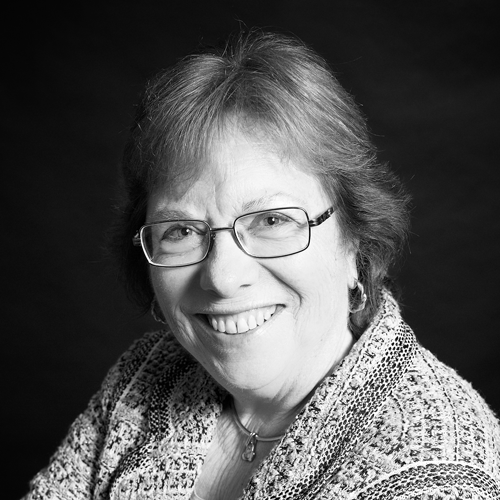
How did the self-insurance program at Cabell Huntington come about?
Paul Smith: In 1985, because of changes in medical malpractice insurance, the availability and cost of that insurance was problematic in a lot of states. Back in 1978, our board decided to create a self-insurance program for medical malpractice and general liability. That was a progressive decision. In 1996, the malpractice carriers left West Virginia. At that time, the only malpractice insurance we had was through our self-insurance program.
What was the impact of the self-insurance program on your work?
Smith: The reason that my position existed was because they wanted a lawyer to run it. When I got here in 1985, I had no experience running an insurance company. I had to learn on the job. It was a neat opportunity because I like to get involved in a variety of things. It forced me to learn a lot more. It wasn’t just a matter of handling claims. I had to get much more strategic in my thinking.
How did you make the program work successfully?
Smith: We entered into an agreement in 1996 with a law firm to work for us on retainer. That arrangement has really worked well for us. The nurses and doctors need to feel like the hospital has got their back in a malpractice case. Many of these cases don’t relate to something that they’ve done wrong so much as a bad outcome.
“Mediators have grown a lot more sophisticated since the early days.”
Having this law firm on retainer providing malpractice defense meant that I could talk with them and say, ‘This is the first time this nurse has been sued. I feel strongly that you need to spend the time and effort with her.’ They will do that instead of having one twenty-minute meeting to briefly describe what a deposition is like.
I could feel that the needs of our doctors and nurses were being well served. It helps me, too, because I am able to speak frankly and say, ‘I know this nurse well. She is going to be a great witness and will do well with the jury.’ That can change the evaluation of the case.
How does the hospital handle cases that don’t result in the expected outcome?
Smith: How we handle mistakes is critical—there are organizational decisions like how you are going to handle a potential malpractice claim in terms of the impact on the patient, the impact on the patient’s family, and the impact on the caregivers. I’ve learned a lot about this through the years.
When I started out, the whole idea was to protect the hospital’s resources. An apology was dangerous because it could be used as an admission of liability. West Virginia, as well as many other states, has a statute now that allows you to apologize, and I encourage people to say that they are sorry that the patient and family are having to go through this.
But don’t walk in the door and say, ‘Wow, I screwed up,’ because you don’t know if you screwed up. When things are still happening, you don’t know the whole story. You feel guilty for it because of a bad outcome, but you should let them know that you care, and that you’re going to do what you can to find out what’s going on, and that you’re going to help them. If we’ve had a problem with a patient, let’s make sure we don’t make the problem worse.
If we’ve done something wrong, let’s try to fix it. It costs us less to man up right away than to say we did nothing wrong and try to defend ourselves later. Another rule is to keep it out of the CEO’s office. You have the authority to do what you can within reason without asking for permission. Do the right thing, and then we’ll talk about it afterward.
It’s rare that a lawsuit ends up in court today. How do disputes get resolved?
Smith: We haven’t tried a case in a long time. The standard is to mediate, which doesn’t always settle the case, but it at least sets the stage and gets the parties more information. We have excess insurance to cover anything above our self-insured retention. We keep things moving and don’t drag cases out because that only increases costs.
Sometimes I’m not sure what we did wrong, and I’ll tell the mediators that. Before we can get to the money part, we have to figure out what we did wrong. They can lay it out in terms that an attorney can understand. Mediators have grown a lot more sophisticated since the early days of mediation. Mediation is occurring earlier in a case, and sometimes, we will not have done a whole lot of discovery.
We tend to look at things outside the box to fix problems. It’s not always a matter of throwing money at a problem. One of our physicians was talking to a colleague about a case with a bad outcome. The family was sent to Disney World because they needed the time and experience that they wouldn’t otherwise have. It made a whole lot more sense to do something like that for them because it was sort of on their bucket list. I said, ‘Yeah, we can do something like that if we need to, if that kind of a situation ever came up.’


